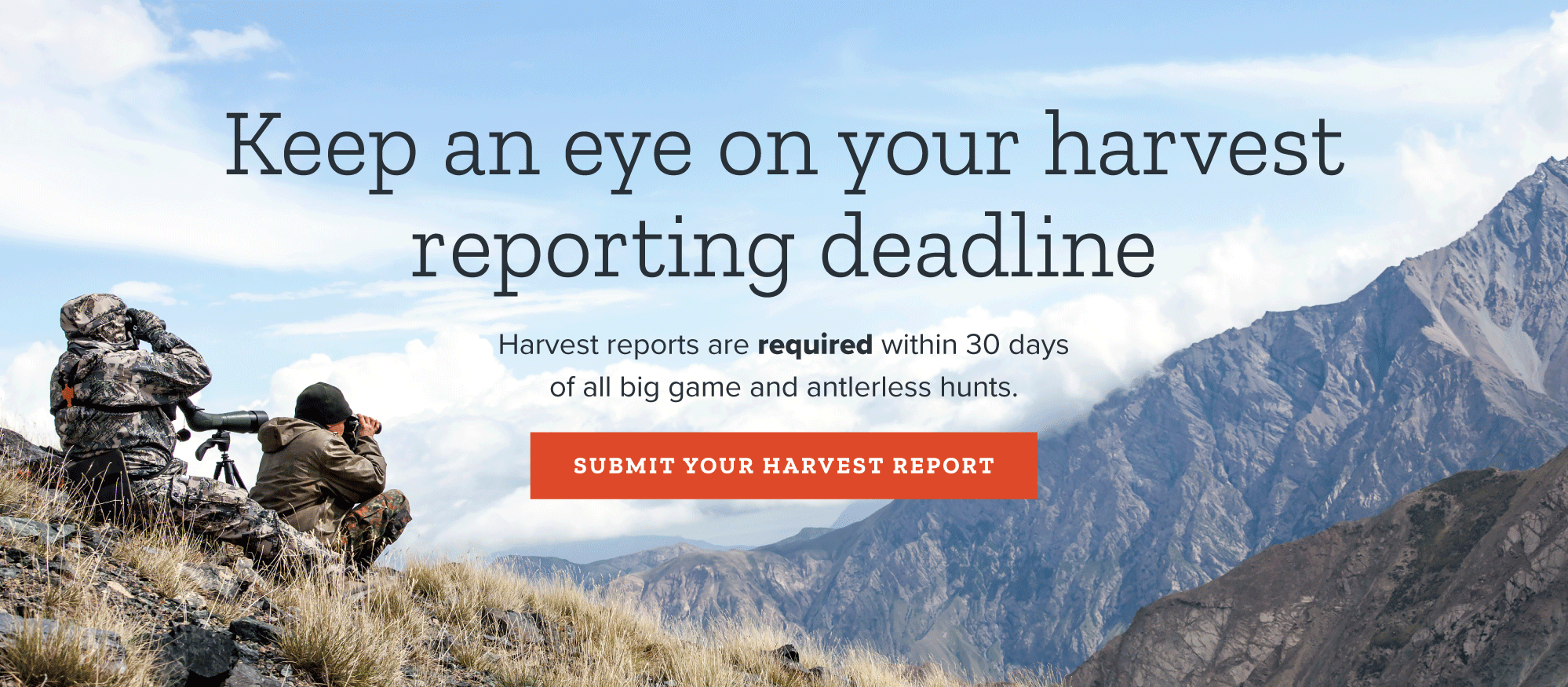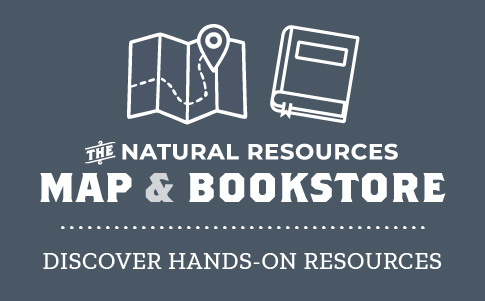Utah Cutthroat Slam funds 2 important conservation projects to benefit native trout
Salt Lake City — Two new conservation projects geared toward helping Utah's native cutthroat trout were announced Jan. 18, during an annual Utah Cutthroat Slam meeting.
The projects were selected by the Utah Division of Wildlife Resources and Trout Unlimited — the organizations that started the Utah Cutthroat Slam. Launched in April 2016, the slam is a fishing challenge that requires participants to catch Utah's four native cutthroat trout subspecies in their native ranges. Roughly $19 of each $20 registration fee goes toward conservation projects for the native species.
The first project being funded this year will improve habitat for Bear River cutthroat trout, connecting the stream channel to the floodplain and increasing stream flows in Mill Creek and Carter Creek, located in Summit County. Mill Creek is an important spawning and rearing stream for migratory cutthroat trout within the Upper Bear River. $5,000 will go toward funding this project.
The second project will fund a cutthroat trout study in Chalk Creek, a tributary to the Weber River. Chalk Creek supports one of the largest contiguous Bonneville cutthroat trout populations still found within its native range. The study will help identify barriers to cutthroat movement within the creek, determine spawning migration patterns and will also determine how water temperature extremes in the summer impact fish movements and survival. $10,000 will be used to fund the study.
"Roughly 50 years ago, there were very few cutthroat trout populations in the state," DWR Sportfish Coordinator Randy Oplinger said. "We have done a ton of restoration work to bring cutthroat back, and they are now a true conservation success story in Utah. The Utah Cutthroat Slam helps fund projects that continue our restoration of cutthroat trout. Anglers should consider participating in this fun challenge because their registration fee goes directly toward the conservation of cutthroat trout and helps us create better angling opportunities for this important species throughout Utah."
To date, 3,650 people have registered for the slam, and the program has generated more than $67,000 for cutthroat trout restoration in Utah. There have been 890 completions of the slam, with 184 taking place last year and a record 191 completions in 2020.
"The success of the Utah Cutthroat Slam shows anglers support conservation efforts that make fishing better and benefit native species," Brett Prettyman with Trout Unlimited's Western Water and Habitat program said. "It also illustrates anglers are excited to explore new fishing destinations. In talking to participants, it seems the adventure people have with family and friends while working to complete the slam is their favorite thing. The goals of the program are to provide an education about native trout, raise money for conservation and get people to visit places they may not go otherwise. Trout Unlimited and the Utah Division of Wildlife Resources feel like we are meeting those goals."


















